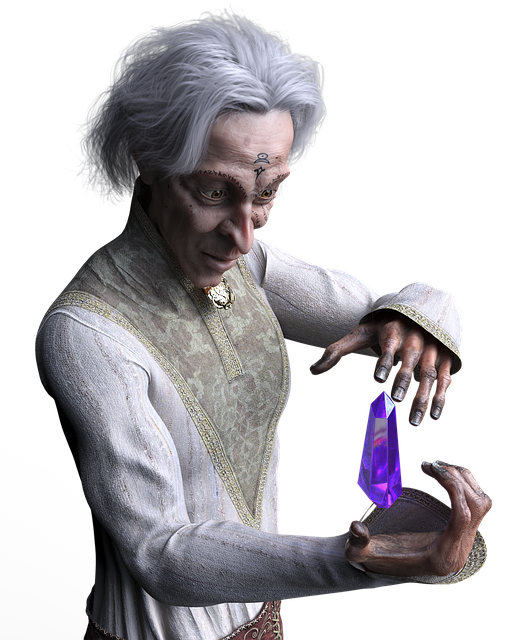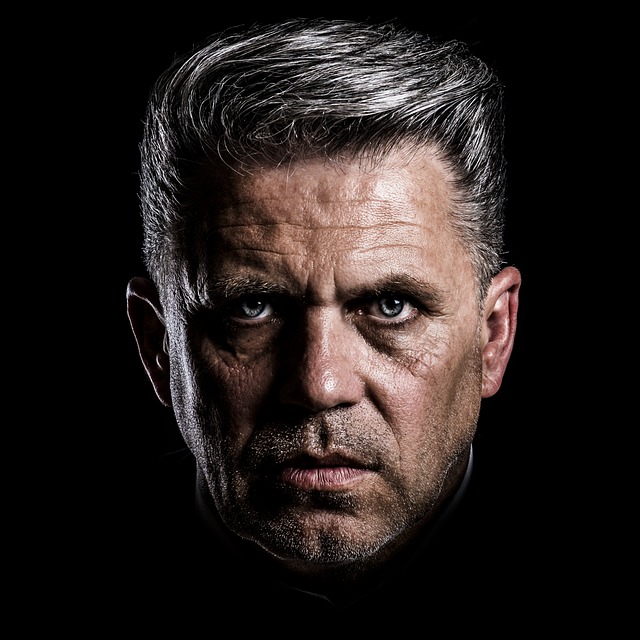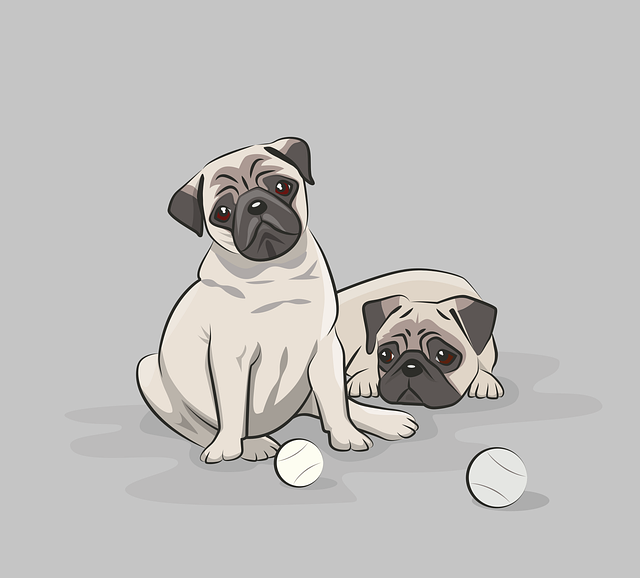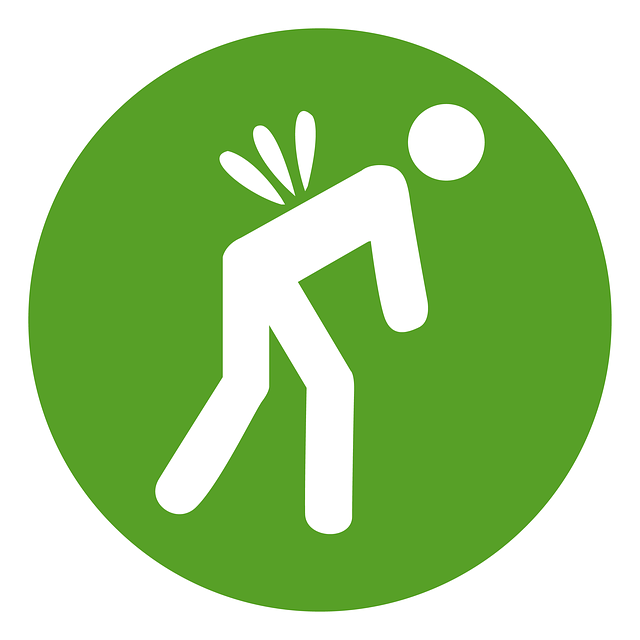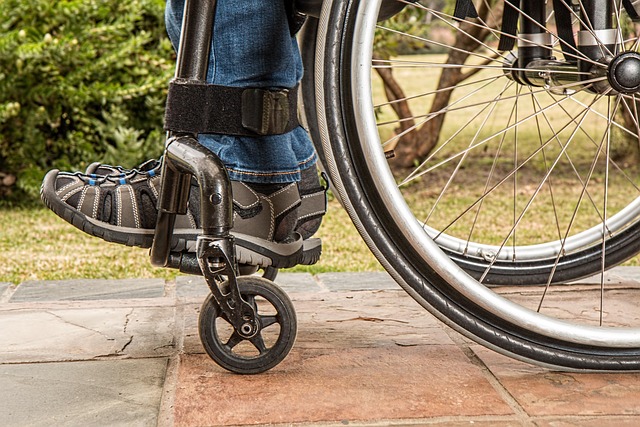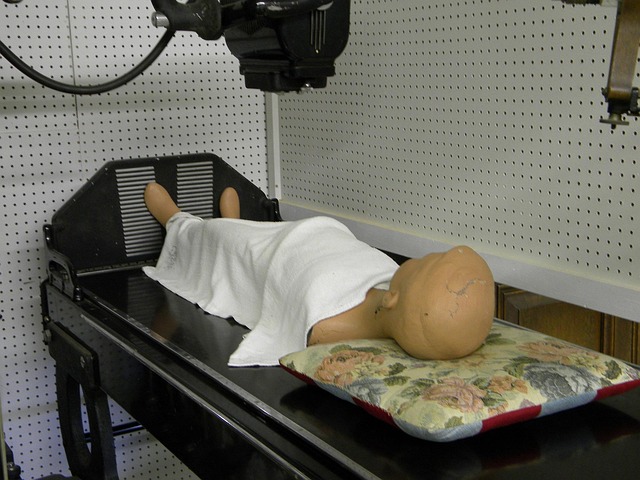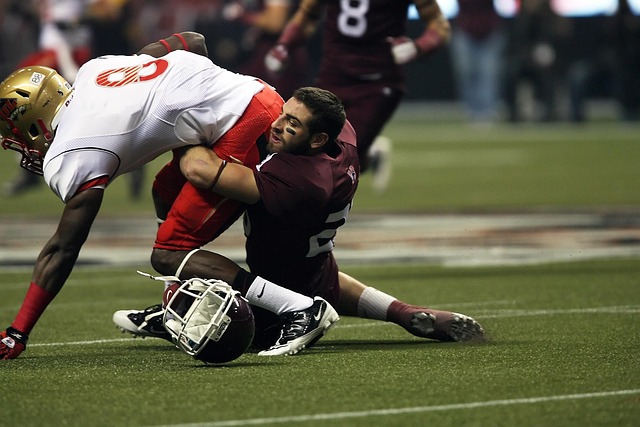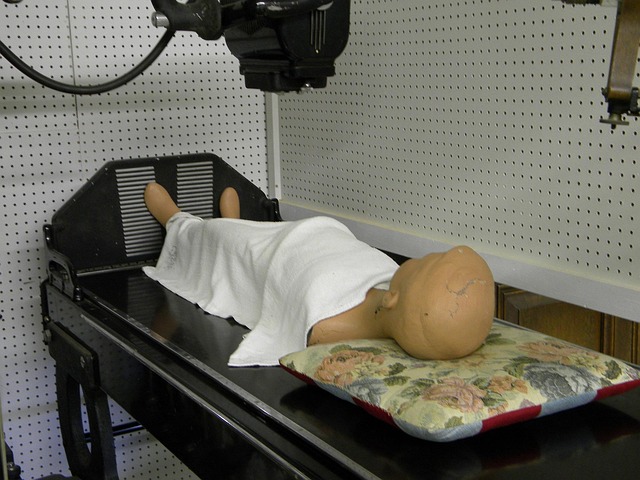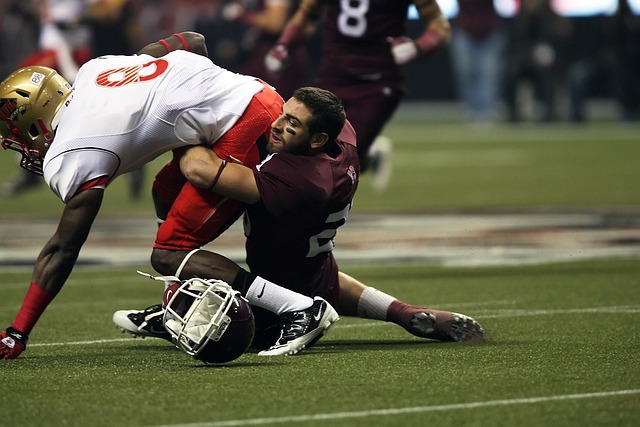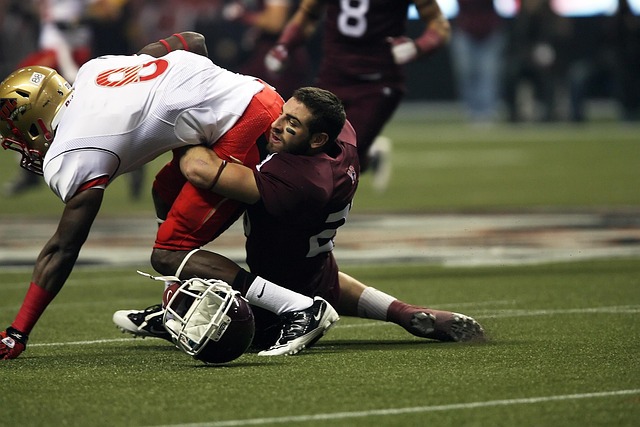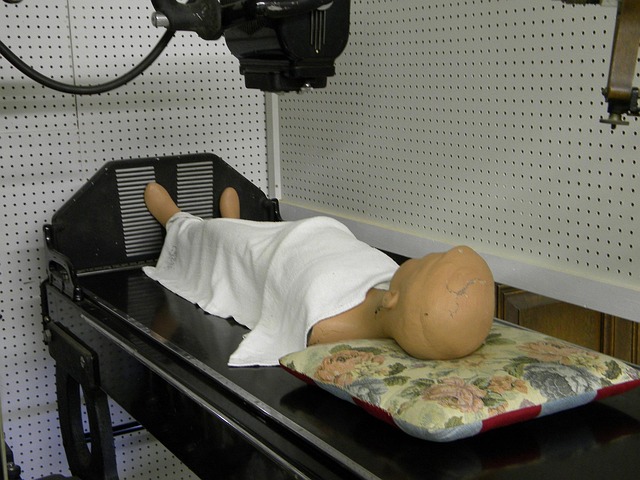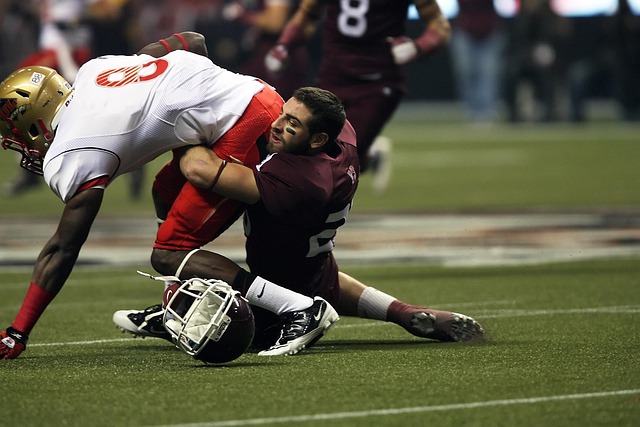Concussions disrupt brain function and can cause muscle imbalances leading to postural abnormalities. Chiropractic care offers a non-invasive approach to address these issues by correcting spinal misalignments, improving mobility, strengthening core muscles, and promoting healing. Post-concussion rehabilitation includes manual therapy, exercises, and lifestyle adjustments to manage symptoms like headaches and dizziness, optimize recovery, and prevent long-term complications. Regular chiropractic check-ups are encouraged for proactive care and faster recovery from concussion injuries.
In the aftermath of a concussion, an often overlooked yet critical aspect of recovery is posture correction. This comprehensive guide explores how concussions can disrupt body alignment and the role of chiropractic care in addressing these issues. We delve into the impact of posture on brain health and present effective strategies, including chiropractic treatment for concussion injuries, to facilitate healing and prevent long-term complications. Understanding these approaches is essential for both athletes and individuals seeking post-concussion rehabilitation.
- Understanding Concussions and Their Impact on Posture
- Chiropractic Treatment for Concussion-Related Posture Issues
- Post-Concussion Rehabilitation and Long-Term Care Strategies
Understanding Concussions and Their Impact on Posture
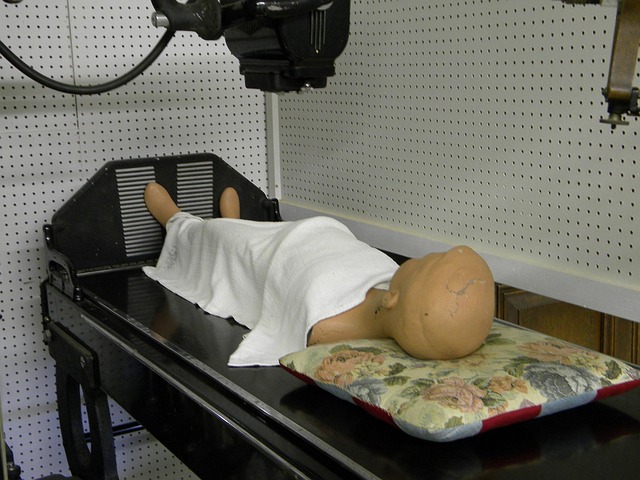
Concussions, often referred to as mild traumatic brain injuries (mTBI), are a common yet serious medical condition resulting from a blow or jolt to the head. This sudden impact can disrupt the normal function of the brain, leading to various physical and cognitive symptoms. One less recognized but significant consequence of concussions is their potential influence on an individual’s posture.
When someone experiences a concussion, it can affect balance, coordination, and muscle control. These effects might manifest as postural imbalances, where certain muscles become tight or weak, leading to altered body alignment. Chiropractic treatment for concussion injury often includes specialized adjustments and therapeutic techniques aimed at correcting these postural abnormalities. By addressing these issues, chiropractic care supports the healing process, potentially reducing symptoms associated with concussions and promoting overall well-being.
Chiropractic Treatment for Concussion-Related Posture Issues
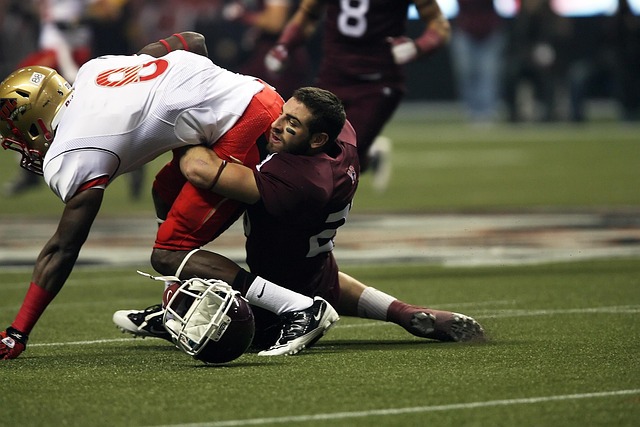
Chiropractic care offers a promising approach to addressing posture issues stemming from concussions, providing a non-invasive and gentle form of treatment. Chiropractors are trained to assess and correct spinal misalignments, which can be common in individuals who have experienced a concussion. During an initial consultation, the chiropractor will conduct a thorough examination, including imaging scans if necessary, to identify any abnormalities in the spine related to the injury.
The chiropractic treatment for concussion-related posture issues often involves a combination of adjustments, manual therapy, and personalized exercise programs. Adjustments are carefully applied to correct spinal misalignments, reducing nerve irritation and promoting healing. Manual therapy techniques may include gentle manipulation, stretching, and soft tissue release to enhance mobility and restore balance in the body. Additionally, chiropractors will design specific exercises to strengthen core muscles, improve stability, and correct any posture imbalances that contribute to ongoing symptoms.
Post-Concussion Rehabilitation and Long-Term Care Strategies
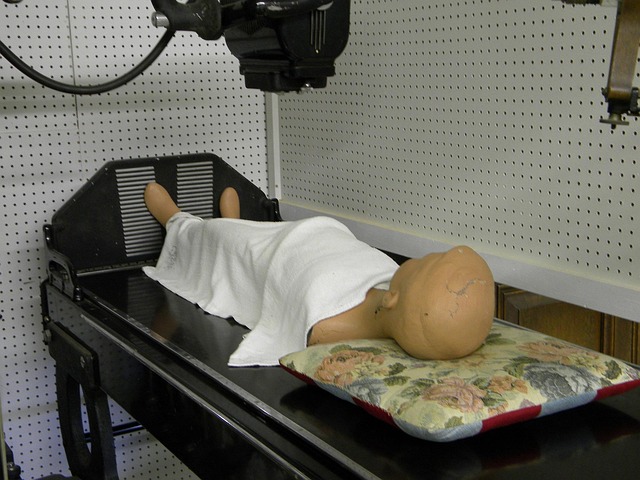
Post-concussion rehabilitation plays a pivotal role in managing and mitigating the long-term effects of a concussion injury. Following a concussion, individuals often experience symptoms like headaches, dizziness, and balance issues, which can significantly impact their daily lives and activities. Chiropractic treatment for concussion injury is one such strategy gaining recognition. Chiropractors employ various techniques to improve neurological function, reduce symptoms, and optimize the patient’s recovery trajectory. This may include manual therapy, targeted exercises, and lifestyle modifications tailored to address specific post-concussion challenges.
Long-term care strategies are essential to prevent persistent symptoms and promote overall well-being. Regular follow-ups with healthcare professionals enable continuous monitoring of the patient’s progress. Physical therapy, cognitive rehabilitation, and gradual return-to-activity plans are integral components of this process. Additionally, educating patients about concussive injuries’ potential impact on posture and spinal health encourages proactive care, including regular chiropractic check-ups to ensure proper alignment and nerve function, ultimately contributing to faster recovery and reduced risk of future complications.
In light of the above discussions, it’s clear that concussions significantly impact posture, leading to a range of discomforts. Chiropractic treatment for concussion injury proves effective in correcting these postural issues, offering relief and accelerated recovery. Post-concussion rehabilitation and long-term care strategies further enhance this process, ensuring athletes and individuals return to their active lifestyles safely. By combining chiropractic care with specific rehab techniques, we can significantly mitigate the lasting effects of concussions on posture.

